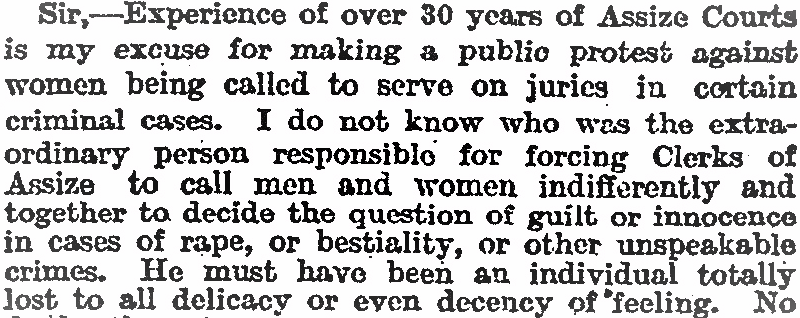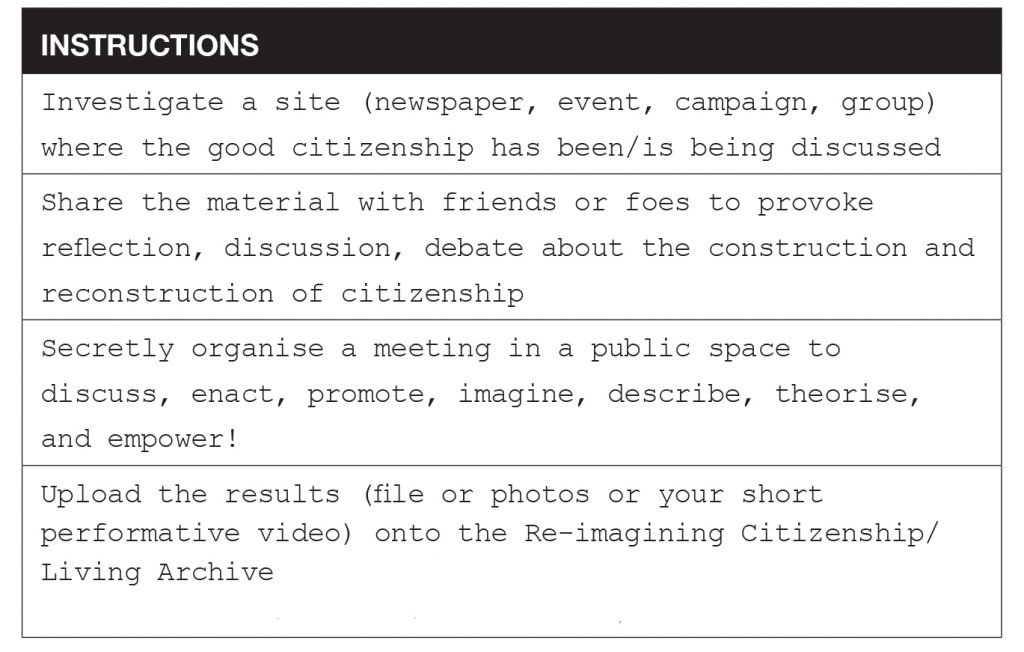ONE HUNDRED YEARS AGO THE UK SUFFRAGE CAMPAIGN PROMPTED A WIDE-RANGING DEBATE ABOUT THE NATURE AND SCOPE OF WOMEN’S RIGHTS. THE RIGHT TO VOTE AND THE REMOVAL OF BARRIERS TO WOMEN’S FORMAL INCLUSION IN PUBLIC LIFE WERE TWO MAJOR ACHIEVEMENTS. ELECTORAL PARTICIPATION AND JURY SERVICE HAVE SINCE BECOME MEASURES OF EXEMPLARY CITIZENSHIP. WHAT DID THIS CONSTRUCTION OF THE CITIZEN LEAVE UNTROUBLED, UNSAID, UNDONE, UNFINISHED?

Citizenship is misunderstood as a static concept defined by lawgivers. It can be differently understood as a fluid relation between groups, individuals and institutions. Our legal rights and duties are underpinned by the meaningful attachments we forge (or fail to forge) with each other, with ‘others’ and with institutions. Citizenship is about association, especially the relationships we enjoy in groups and collectively, and the expectations and demands we place on neighbours and ourselves.
How can we think about these interactions? Does the exemplary citizen encourage or refuse mutual aid, walk a mile in someone else’s shoes, obey or flout the law, accept or refuse obligation, support or deny transgressions, invoke or deny rights? How should exemplary citizens regard disruption to their lives, challenges to their norms, practices and beliefs?
THE QUESTION
How can public discussions help us reinvent or subvert the idea of the exemplary citizen?
Equivocal Citizen Kinna
Equivocal citizen Kinna is a pragmatic utopian with ancestral links to Jewish, Russian, Scottish and London communities and anarchist socialist leanings.
